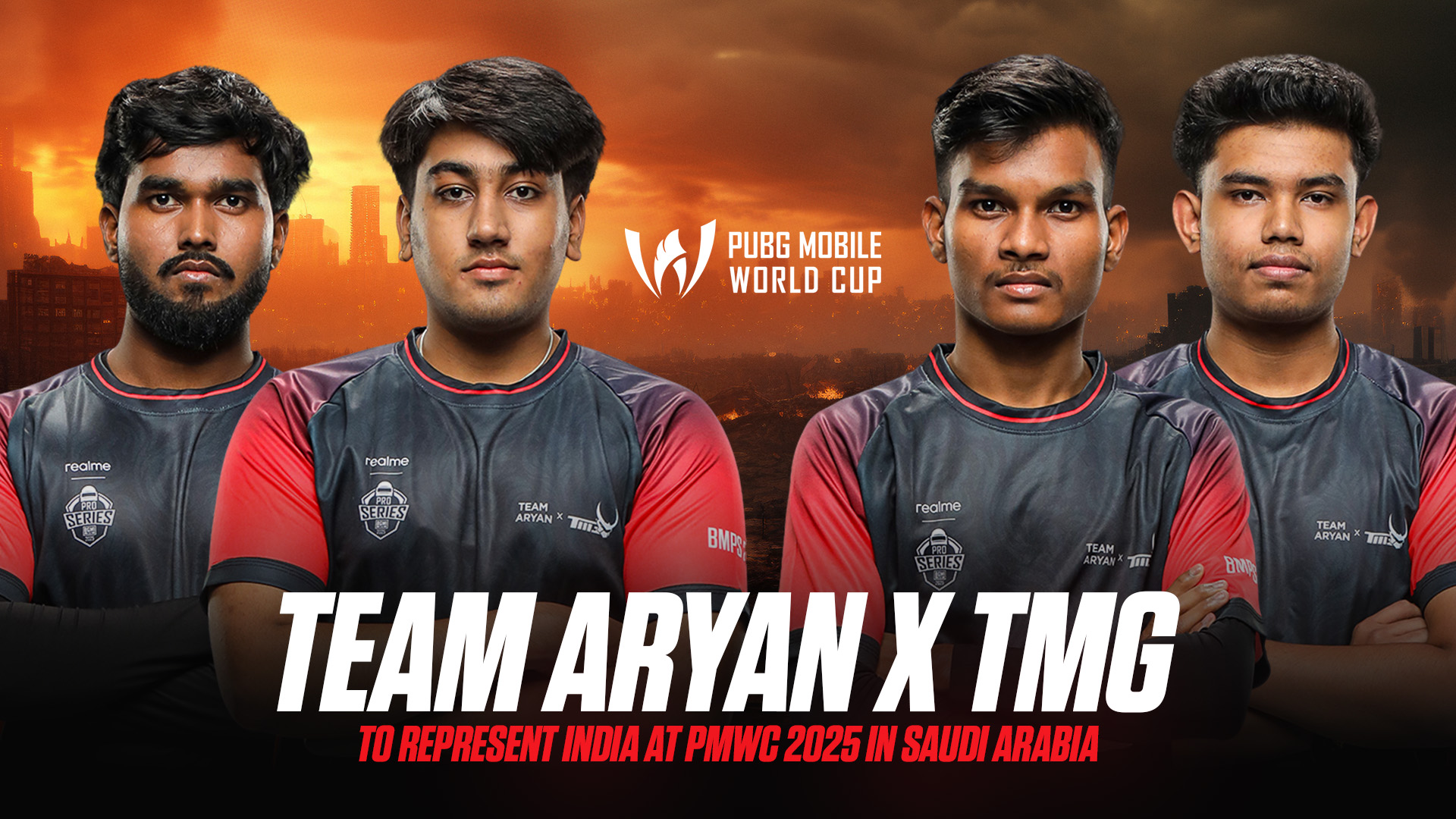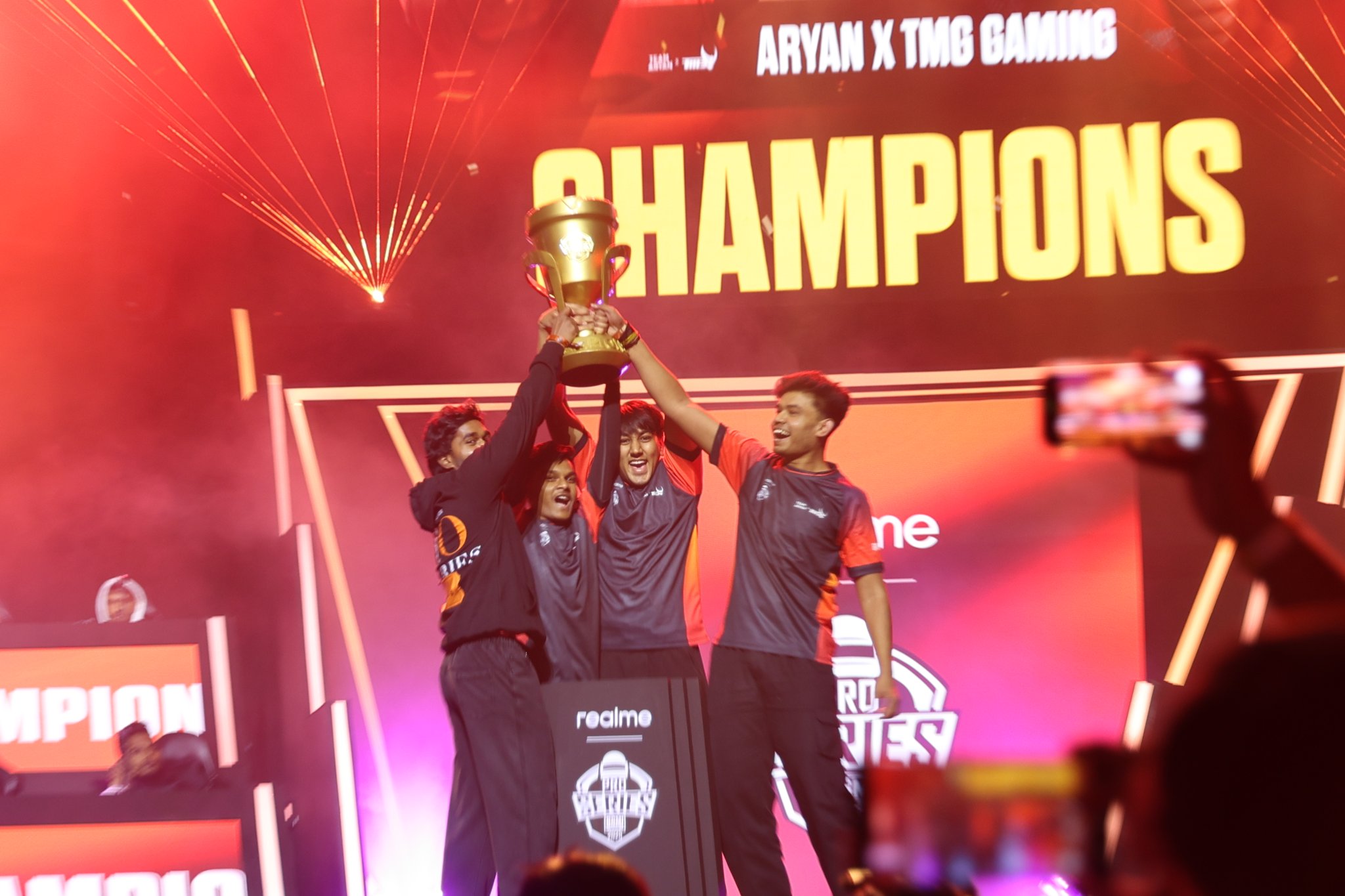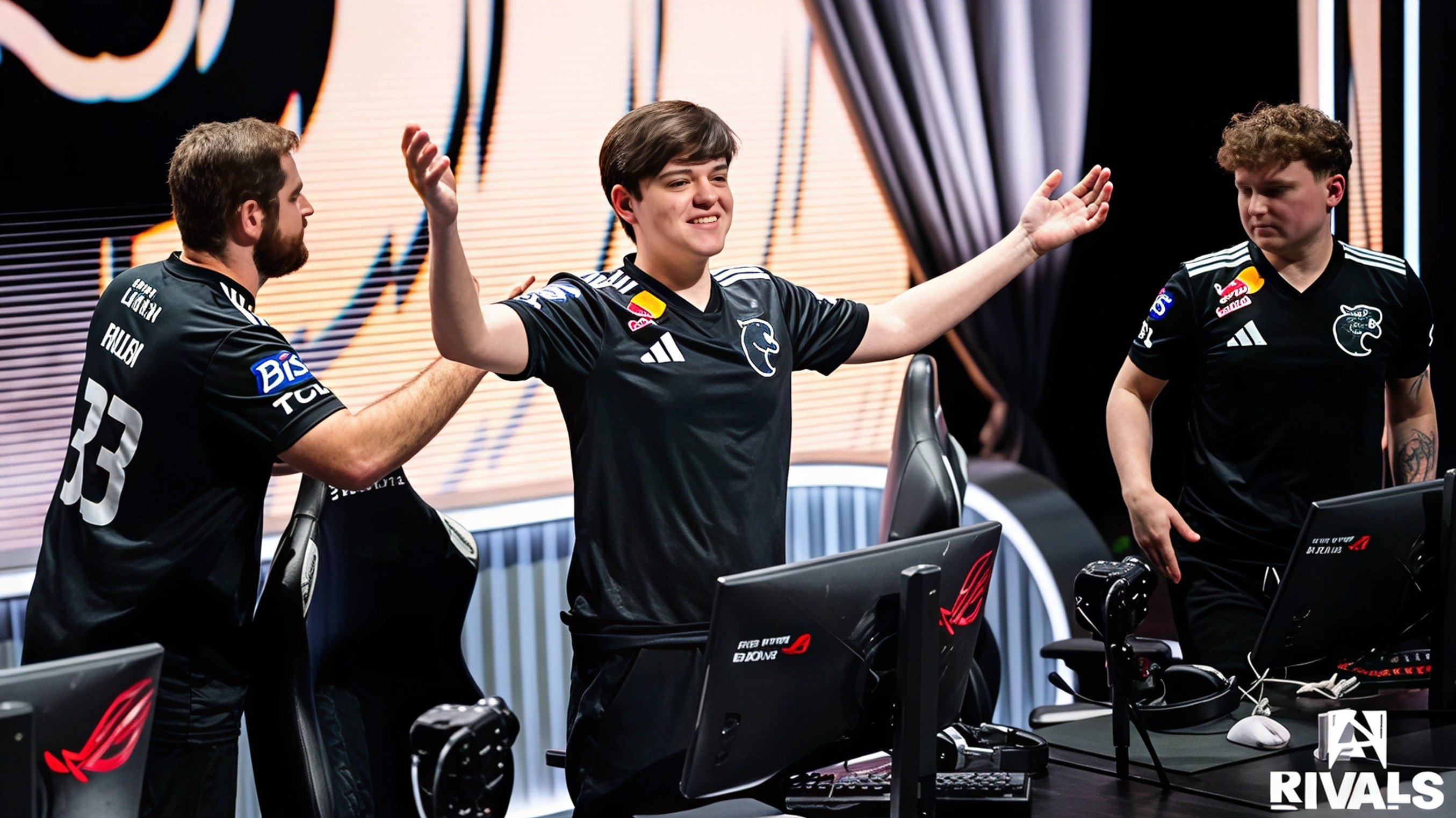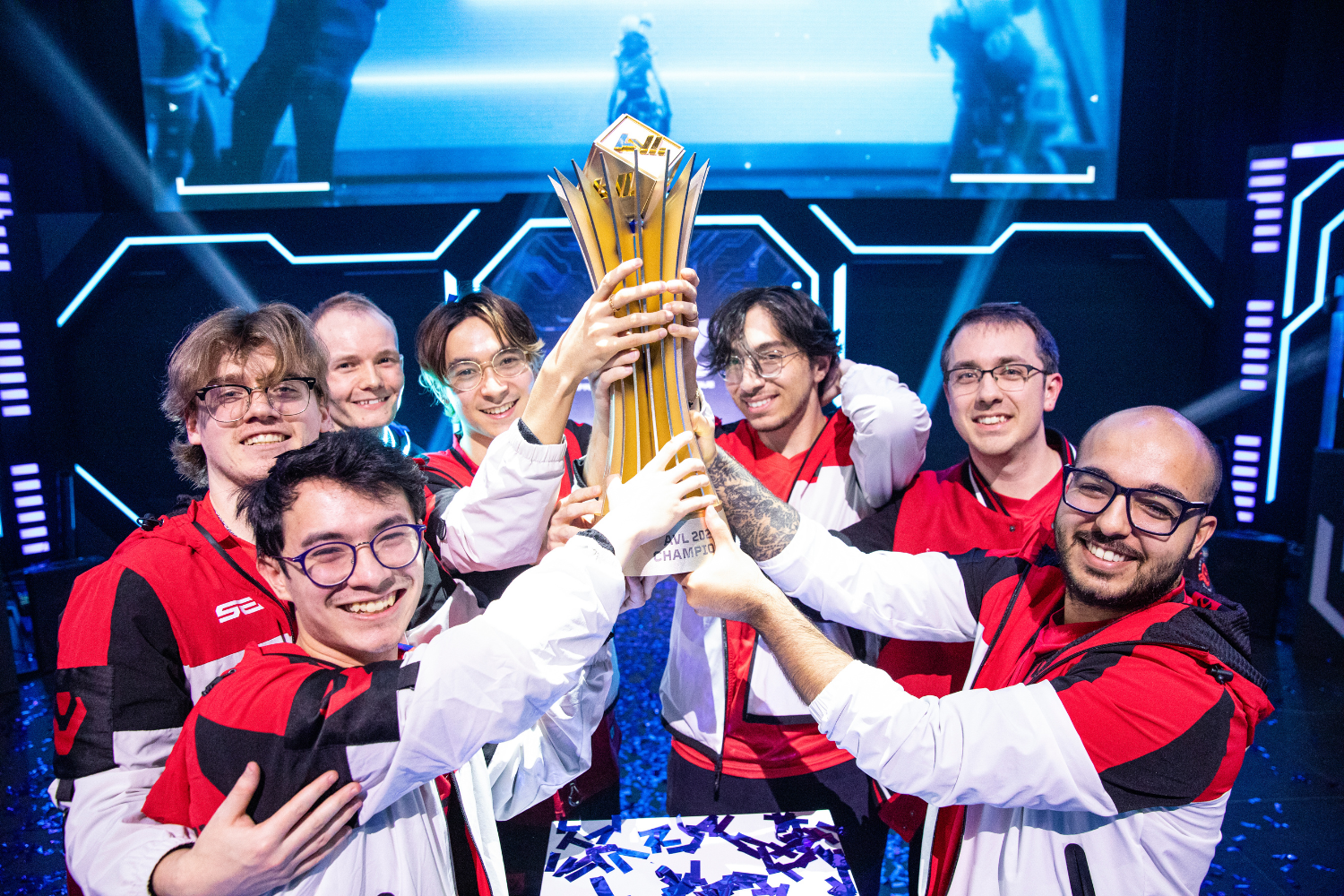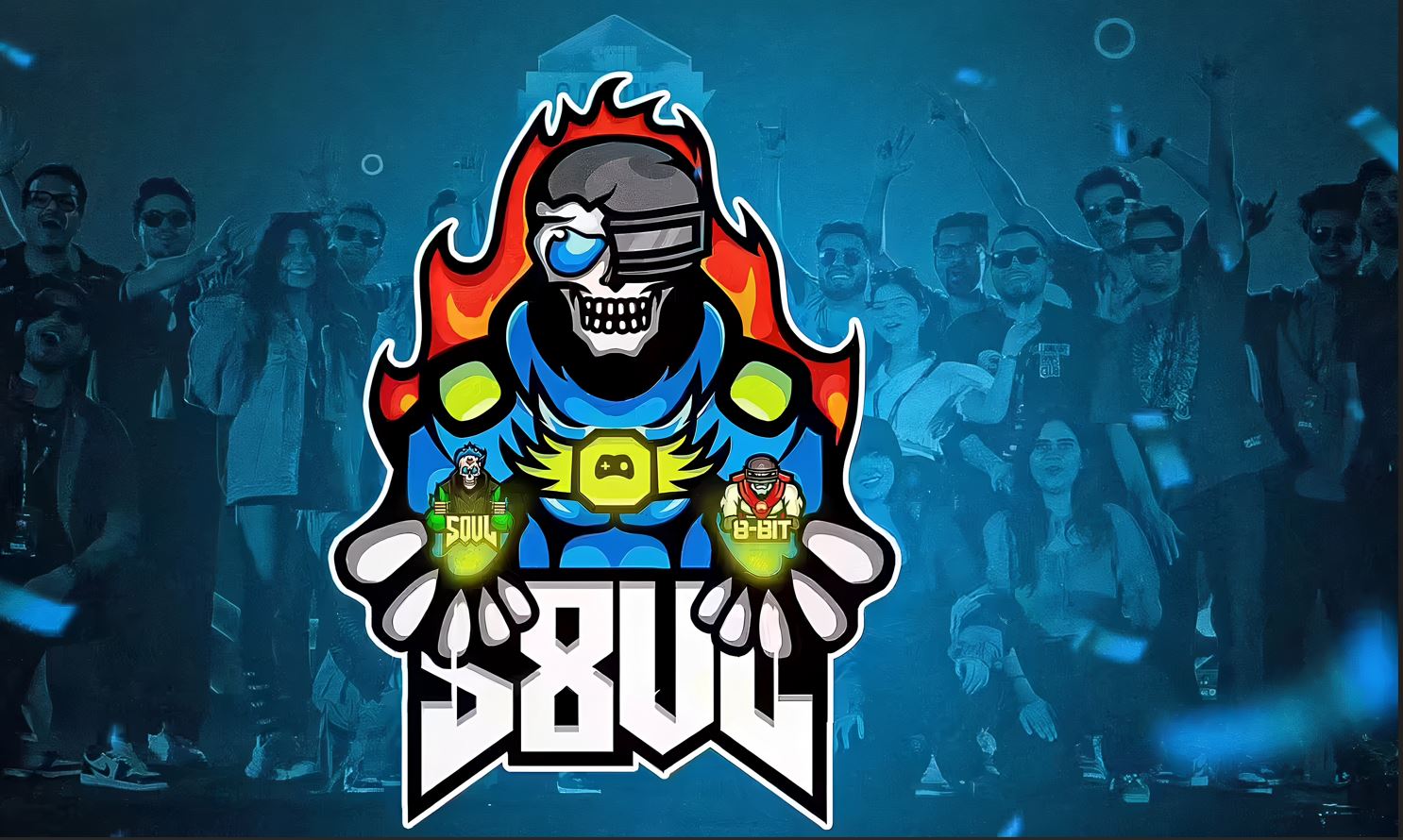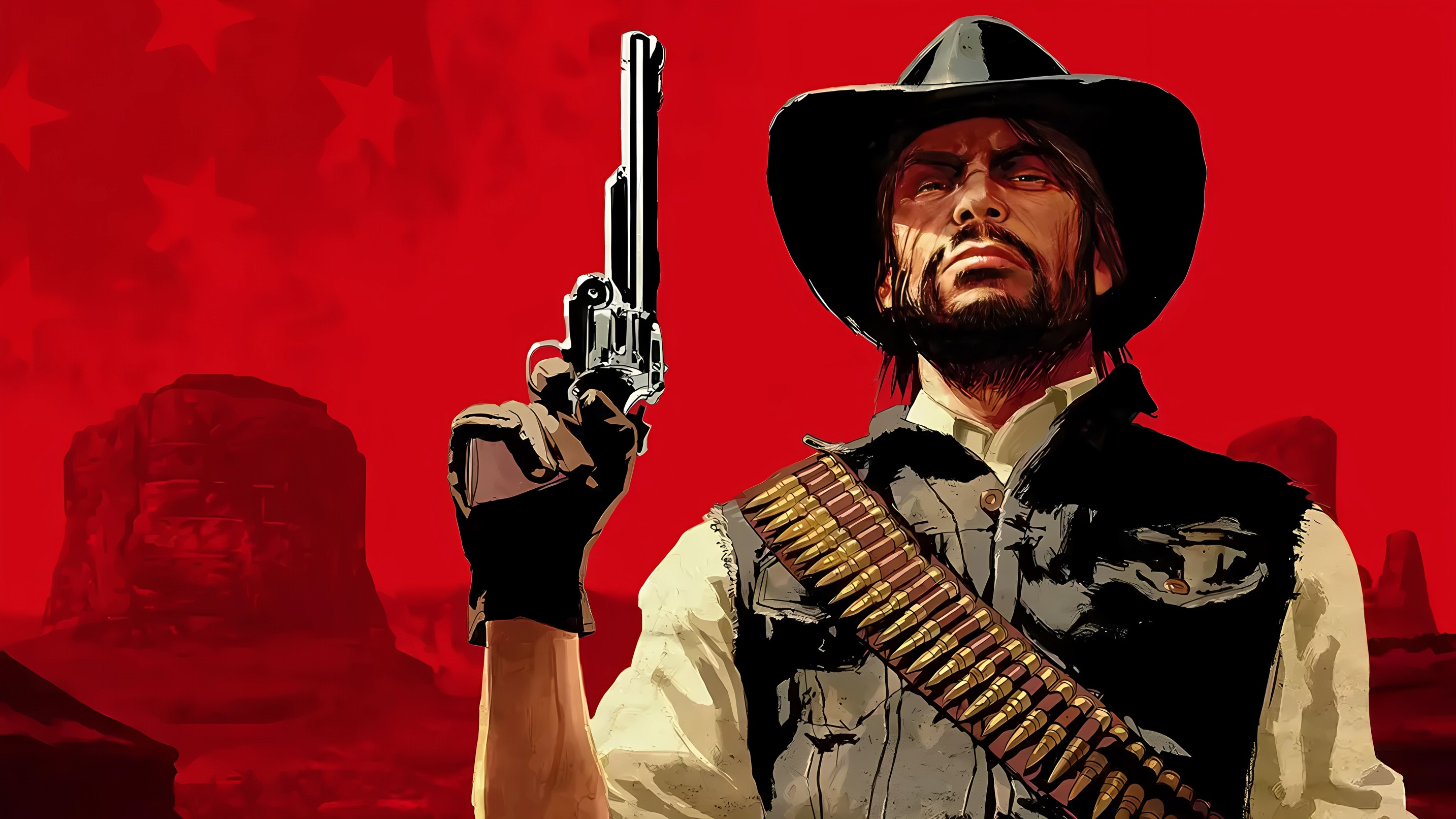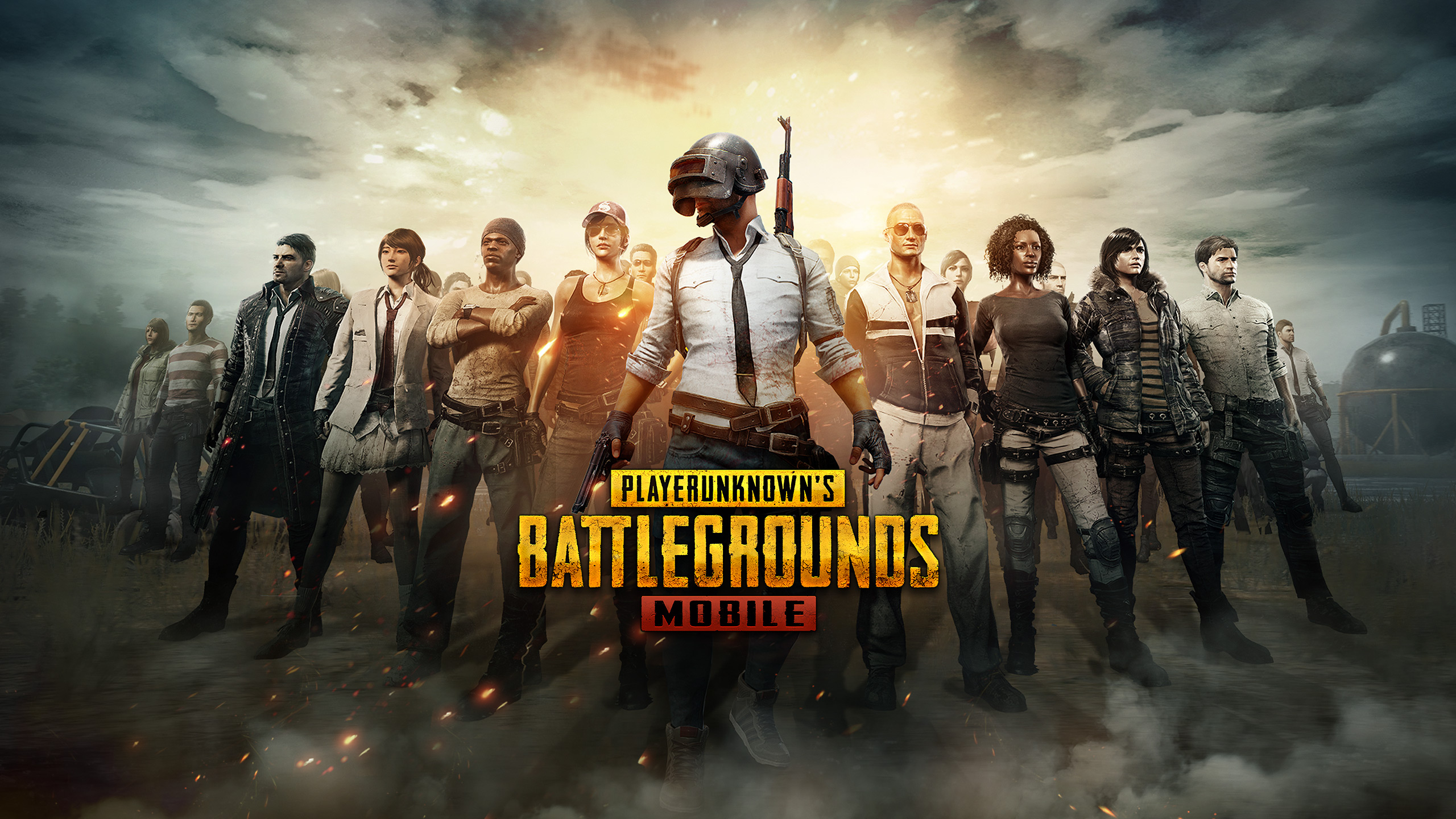India’s presence on the global esports stage has grown dramatically in recent years, with teams consistently proving their dominance at regional levels. The latest triumph came as Team Aryan x TMG Esports clinched the Battlegrounds Mobile India Pro Series 2025 title, securing India’s spot at the highly anticipated PUBG Mobile World Cup 2025 set to take place in Riyadh. This victory is a major milestone, but unfortunately, it comes with an all too familiar shadow looming over it visa uncertainty.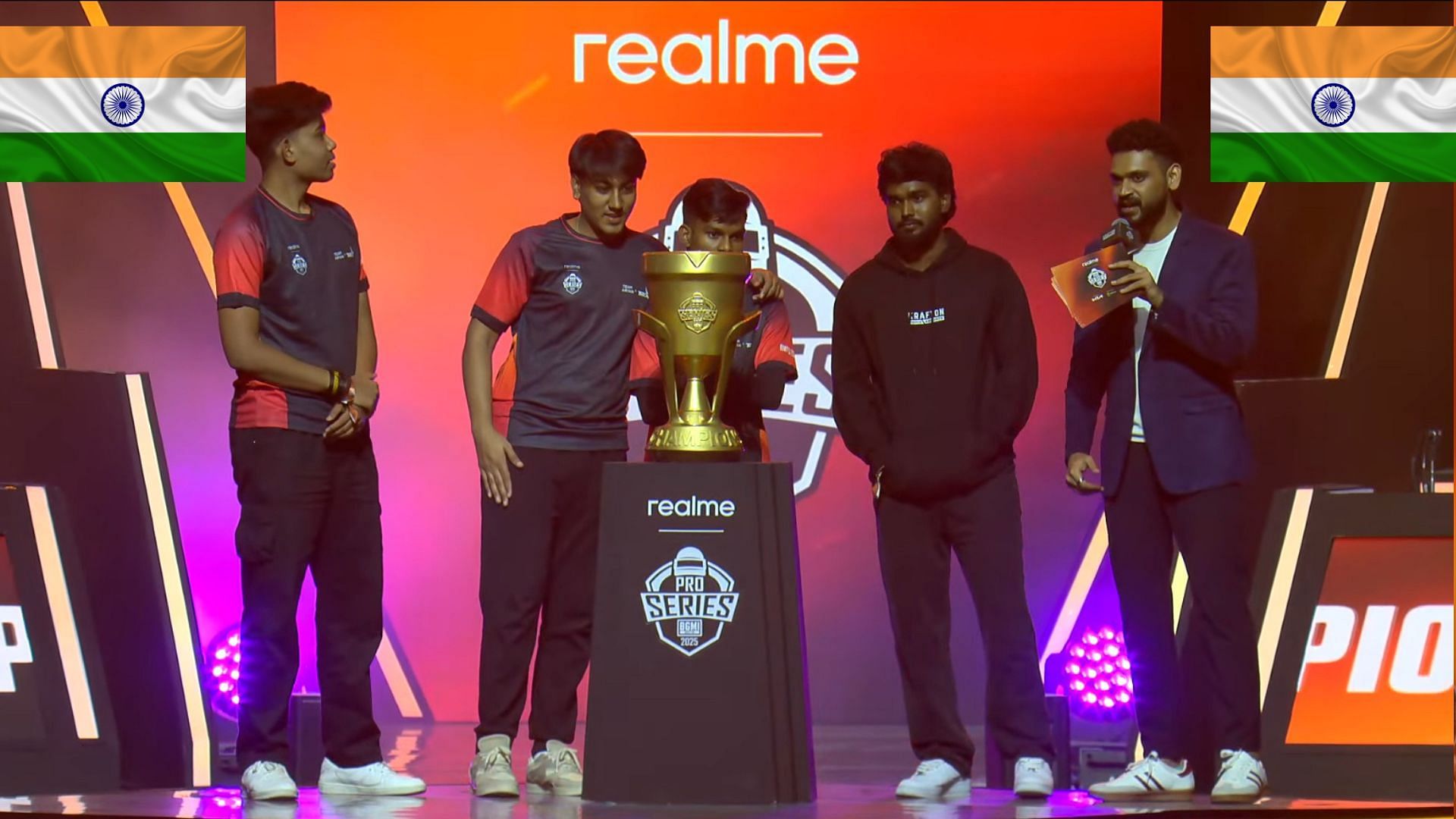
While the competition inside the game is fierce, what awaits Indian esports teams outside of it has become even more daunting. Time and again, players have trained and qualified, only to find themselves blocked not by their opponents, but by diplomatic red tape. For Team Aryan x TMG, the celebration is somewhat tempered by the uncertainty surrounding whether the entire squad will be granted timely travel clearance to Saudi Arabia.
The issue is not new. In 2019, Indian PUBG Mobile giants SOUL, TeamIND, and Indian Tigers earned places at the global finals in Berlin. Their joy was short lived when German visas were denied due to fears of overstay and the absence of a formal esports governing body in India. Unable to attend in person, the teams were forced to play from New Delhi under severe ping disadvantages, putting them at an immediate competitive loss.
In more recent history, Godlike Esports faced a similar roadblock earlier this year. Despite qualifying for the Call of Duty Mobile Masters event in São Paulo, the team was unable to travel due to Brazilian visa backlogs. And this isn’t just an isolated issue. Even Global Esports, one of the few Indian organizations recognized by the government, has seen its international travel plans delayed due to prolonged visa processing. Their Valorant roster struggled with both South Korea and Brazil visa issues, raising broader questions about how Indian esports talent is treated when it comes to global mobility.
The underlying problem lies in how embassies and authorities classify esports athletes. Often grouped under tourist or general employment visa categories, professional gamers face an uphill task in proving their legitimacy as international competitors. Required documents such as invitation letters, proof of return, and financial records are often processed too late or viewed as insufficient. In contrast, athletes from traditional sports receive streamlined processes and priority appointments.
If India is to be taken seriously in the global esports arena, the infrastructure around it must evolve too. A strong first step would be the creation of a specialized visa category for esports athletes. This would involve cooperation between event organizers, publishers, the Indian government, and foreign embassies. A centralized process, with dedicated liaisons and standardized paperwork, could dramatically reduce delays and give teams the confidence that their ticket to play also means a ticket to fly.
For Team Aryan x TMG, their PMWC 2025 slot represents more than just a tournament invite. It is a chance to showcase India’s talent on the world stage and bring home a championship that could define a new era of Indian esports. But unless meaningful policy changes are made, the risk remains that the team may be left watching the event from home, yet again victims of bureaucracy.
Esports in India has proven its worth with skill, audience, and commercial success. Now it’s time for policy and recognition to catch up. Team Aryan x TMG deserves to compete, not be left waiting for a stamp of approval that should have come long ago.
Follow Gaming Moves on Instagram and Facebook for the latest updates in Indian and global esports.

